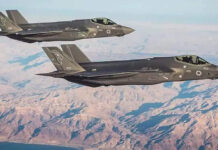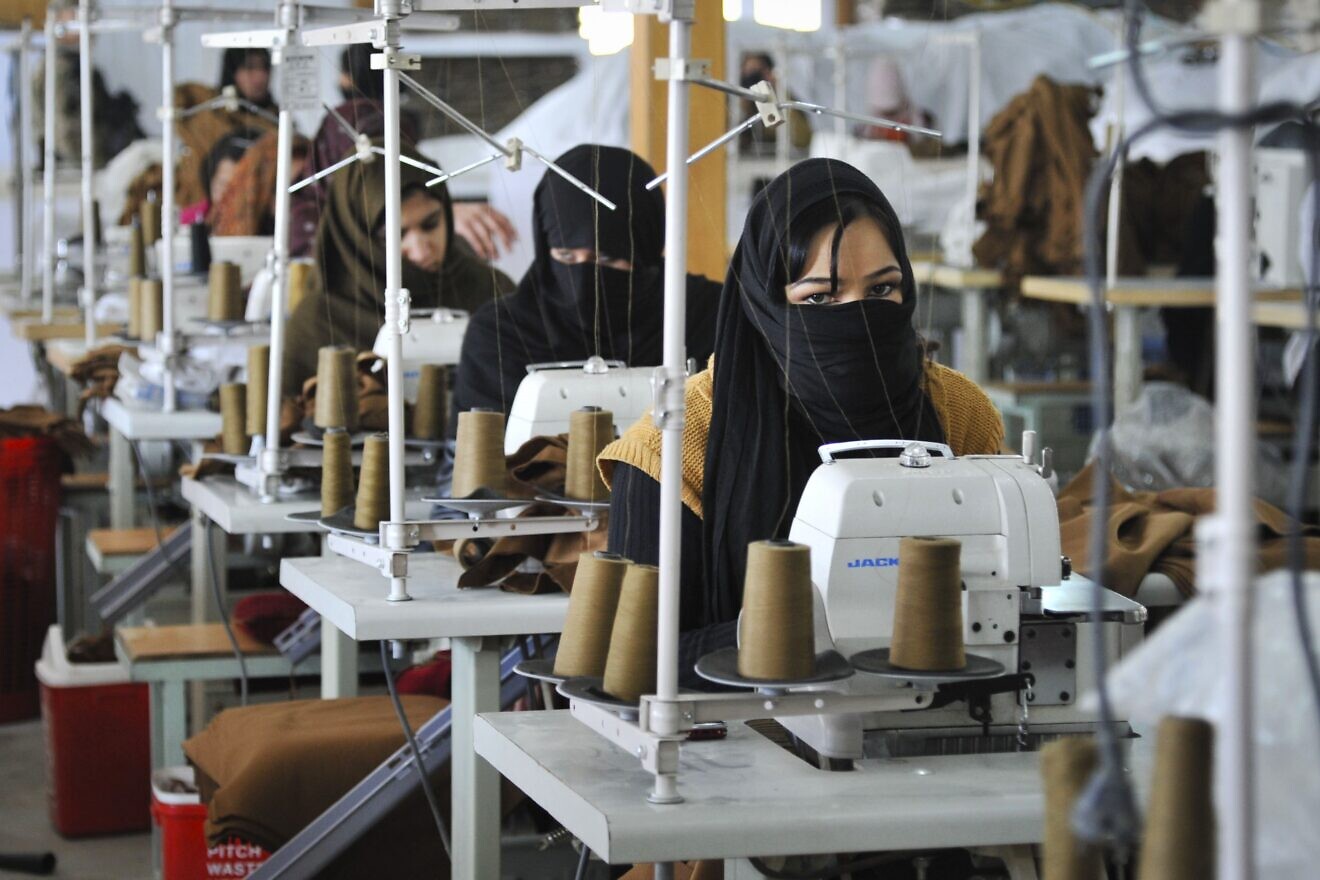Keen-eyed readers of this column will know that I am fond of occasionally quoting Karl Marx’s observation that history repeats itself, “the first time as tragedy, the second time as farce.” In those lines originally published in 1852, Marx was referring to the coup in France the previous year carried out by Louis Napoleon, nephew of the far better-known Napoleon Bonaparte. But since then, his aphorism has been applied in many contexts where current events echo the past.
Looking at recent developments in Afghanistan, I was again reminded of Marx’s quote. When the Taliban first seized power in that shattered country in 1996, that was undoubtedly a tragedy; first for the Afghan people, yet again denied the opportunity to nurture a democratic polity, and later for the United States and the rest of the world. The terrorist atrocities of Sept. 11, 2001, in the United States—the 23rd anniversary of which was solemnly marked last week—were incubated in Afghanistan after the Taliban provided Osama bin Laden and Al-Qaeda with a haven there. That terrible atrocity right at the turn of the millennium turned history on a different course, setting up an epic battle between Western liberal democracy, with its emphasis on pluralism and individual rights, and an Islamist form of totalitarianism that sought to crush anything and everything in its path it deemed to be a deviation from its vision.
Wars duly followed, in Afghanistan and then Iraq, and existing and new threats, especially from the Islamic Republic of Iran, deepened at just the time that Western publics grew tired of foreign interventions and foreign wars, setting the stage for a revival of both left-wing anti-imperialism and right-wing isolationism. Finally, in 2021, amid the disastrous American withdrawal from Afghanistan, the Taliban returned to power, in a heartbreaking confirmation that the previous 20 years had been a colossal waste of blood and money.
That, too, was a tragedy—and yet, there are elements of farce here that suggest, at least to my mind, that history can repeat itself as both tragedy and farce simultaneously.
As the 20th century gave way to the 21st, only a few regional specialists and policy wonks grasped the grave threat posed by the Taliban. The rest of us were shaken from our slumber when those passenger planes careened into the World Trade Center, the Pentagon and a field in Pennsylvania. Twenty years later, with a new generation coming of age, we stopped caring and just wanted out. All that was and is a tragedy, and the restoration of the Taliban is the most tragic aspect of all. But where is the farce?
That can be summarized in one word: Gaza. For all the incompetence and corruption of their leaders, the Palestinians have long been adept at exploiting guilt over colonialism and the long tradition of antisemitism in Western countries, even as large numbers of them thumb their noses at the values our civilizations represent, from the immediate aftermath of the 9/11 massacre, when many danced in the streets and handed out candy in celebration, to the pogrom of Oct. 7 last year, when Hamas and allied terrorist groups murdered, raped and kidnapped their way through southern Israel. The result? As pro-Israel advocates on social media constantly point out, seemingly to no avail, our streets are empty of protesters when blood is shed in Ukraine or Sudan or, indeed, Afghanistan, but as soon as an Israel Defense Forces missile strikes a Hamas command center in Gaza City or Rafah, they pour out like rats from a sewer. Therein lies the farce.
This is why the pro-Hamas movement has to be understood as being about far more than Israelis and Palestinians. The fixation with Palestine is one major reason why Western publics remain largely indifferent to, and even contemptuous of, the suffering of non-Palestinians. And perhaps no current situation illustrates that point better than Afghanistan.
Three weeks before this year’s Sept. 11 commemorations, the Taliban introduced its “Law on the Propagation of Virtue and Prevention of Vice.” Its primary targets are women, who are forbidden from going to work or to school; who can only use public transport when accompanied by a male chaperone; and who must fully cover their faces and bodies when in public. Most sickeningly of all, Afghan women are now banned—on pain of imprisonment or execution—from speaking in public spaces. To call these measures “medieval” is to do an injustice to the medieval period.
There are no protests of any significance. The millions of people who have attended pro-Hamas demonstrations around the world don’t give a damn. In Western policy circles, the Taliban’s monstrous law is barely discussed; when Republican candidate Donald Trump and Democratic candidate Kamala Harris tussled over the U.S. record in Afghanistan during their presidential debate on Sept. 10, neither thought to mention it. At the U.N. Security Council, all that was mustered was a statement of condemnation—and even that wasn’t unanimous, backed as it was by 12 of the council’s 15 members. It’s no accident that the three countries who opposed the statement—permanent members Russia and China, and non-permanent member Algeria – are all firmly aligned with Iran and its proxies like Hezbollah and Hamas.
And so you wonder in vain whether the “freaking trust fund babies” at Columbia University and other campuses—to cite the unforgettable description of a labor union official whose hard-working members were intimidated and harassed by the keffiyeh mob last semester—will ever speak up for Afghan women (they won’t). You wonder in vain whether the secretary-general of the United Nations, who condemns Israel on a daily basis, will find time to condemn the systemic abuse of the same with similar urgency and frequency. You wonder in vain why a Hamas rapist who gets what he deserves is reinvented as an innocent civilian murdered in a “genocide,” while women in Afghanistan are transformed into chattels and slaves, and the silence around that—like the silence enforced upon them—is deafening. You wonder in vain why we tolerate a world in which morality is skewed so abominably. And then you realize: Wherever tragedy rears its head, farce is not far behind.
























